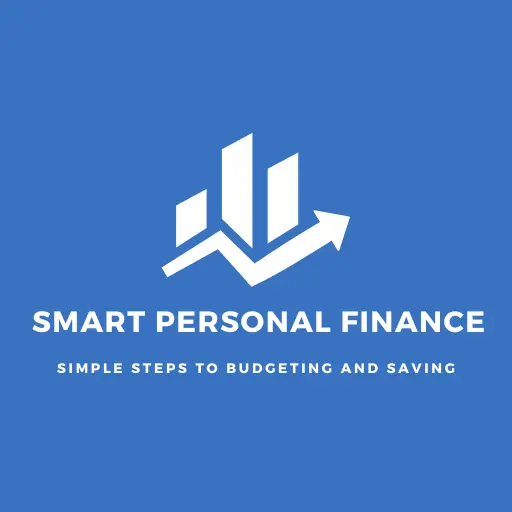Retirement may seem like a distant goal, especially when you’re in the early stages of your career, navigating the challenges of adulting, and perhaps even paying off student loans. But the earlier you start saving, the more time your money has to grow, and the more flexibility you’ll have in the future. So, let’s dive into how you can start building your retirement fund, no matter which stage of life you’re in.
In Your 20s:
Starting to save for retirement in your 20s is ideal, as it gives your money the ultimate power of compounding interest. Begin by understanding your employer’s retirement plan, such as a 401(k) or 403(b) account. Many employers offer matching contributions, which is essentially free money! Try to contribute enough to get the full employer match. If you have the means, aim to contribute 10-15% of your income. Consider a Roth IRA as well, especially if you’re in a lower tax bracket, as it allows your investments to grow tax-free. The money you contribute to a Roth IRA post-tax can be invested in stocks, bonds, or mutual funds, and you won’t pay taxes on the earnings when you withdraw during retirement.
In Your 30s:
As you progress in your career and earn more, it’s time to ramp up your retirement savings. If you haven’t started yet, begin by contributing to your employer’s plan. You can also look into increasing your contribution rate annually or whenever you get a raise. The goal is to reach the maximum contribution limit, which is $20,500 for 401(k) plans in 2023. If you have children, consider a 529 plan, which allows you to save for their education while also providing tax advantages.
In Your 40s and Beyond:
At this stage, it’s crucial to review your retirement savings strategy and make adjustments as needed. Maxing out your 401(k) contributions should be a priority. If you’re self-employed or run a small business, consider setting up a Simplified Employee Pension (SEP) IRA or a Solo 401(k) plan. These options offer higher contribution limits, allowing you to save more aggressively. Additionally, assess your risk tolerance and adjust your investment portfolio accordingly.
Starting a retirement fund early is a powerful step towards financial security. With time on your side, you can build a substantial nest egg and have the freedom to make choices aligned with your passions and goals when you retire.

